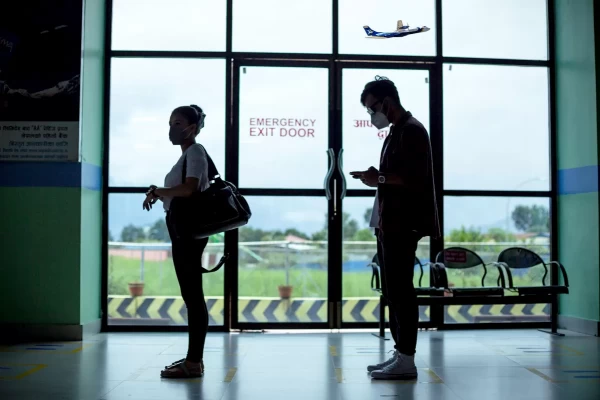IATA Appeals to Ease Travel Restrictions Globally

The International Air Transport Association (IATA) has advised governments to relax all sorts of travel restrictions associated with COVID-19 and its variants. Since the widespread of the new variant omicron despite enforcing all the travel restrictions around the globe, IATA concluded that discouraging travel and setting barriers for passengers is only jeopardizing the world economy rather than assisting control over pandemic. According to the IATA's Director-General, Willie Walsh, "the billions spent testing travelers would be far more effective if allocated to vaccine distribution or strengthening health care system."
IATA has also urged removing travel barriers like quarantine and testing for passengers fully vaccinated with a WHO-approved vaccine. Similarly, for non-vaccinated travelers, enabling pre-departure travel with negative antigen test results would be appropriate as travelers pose no greater risk for COVID-19 spread than already exists in the general population.
Walsh also criticized the imposed travel protocol adding, "The current situation of travel restrictions is a mess. There is one problem—COVID-19. But there seem to be more unique solutions to managing travel and COVID-19 than there are countries to travel to. Indeed research from the Migration Policy Institute has counted more than 100,000 travel measures around the world that create complexity for passengers, airlines, and governments to manage. We have two years of experience to guide us on a simplified and coordinated path to normal travel when COVID-19 is endemic."
With respect to travel bans, even WHO Emergency Committee confirmed their recommendation to lift or ease international traffic bans as they are not providing value to prevent the pandemic rather contributing to the economic and social stress that is experienced by all the States. However, there are problems that are challenging to impose such rules as suggested by the IATA, like not all vaccines available around the globe have universal recognition on the WHO Emergency Use List.
